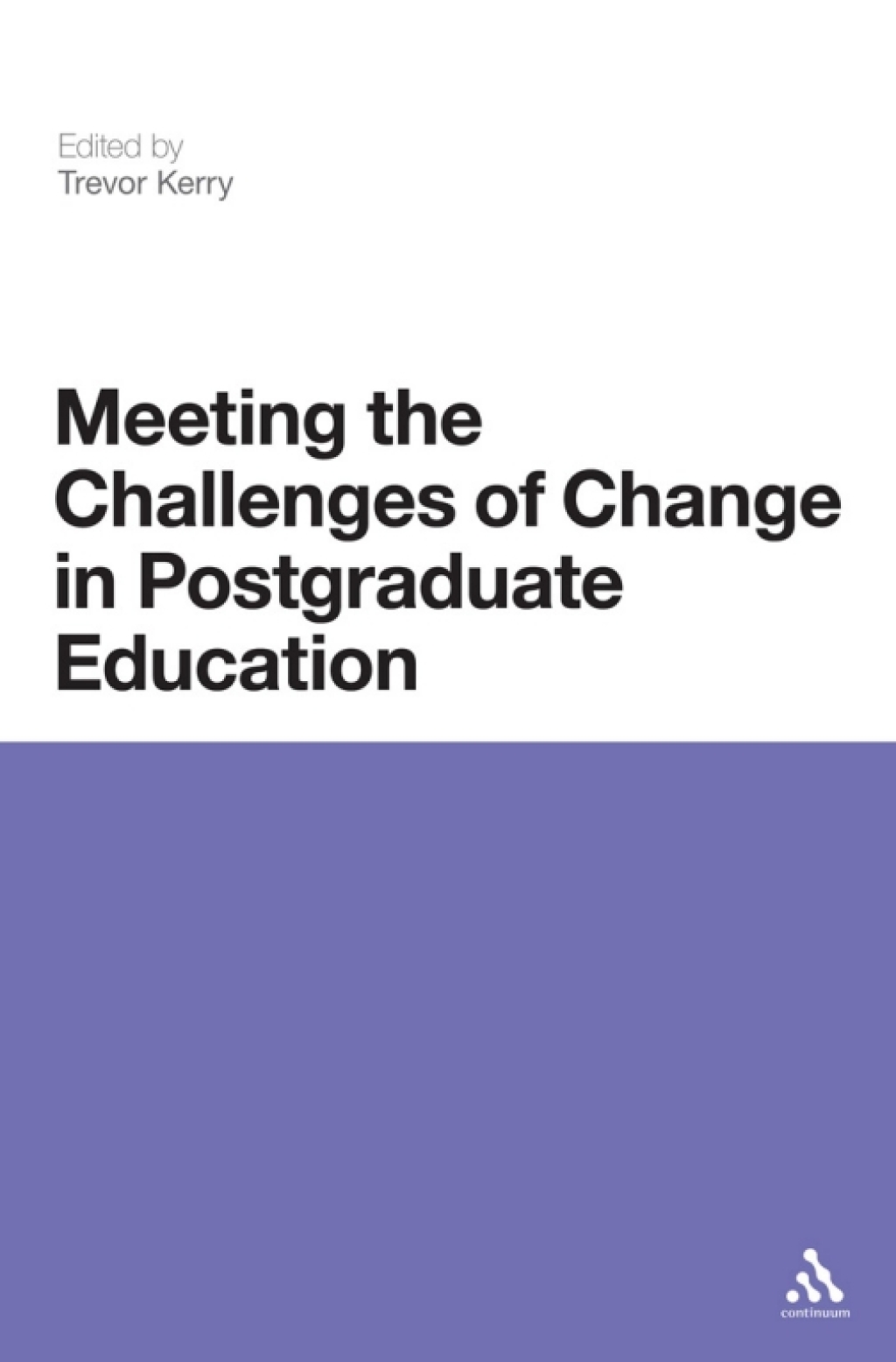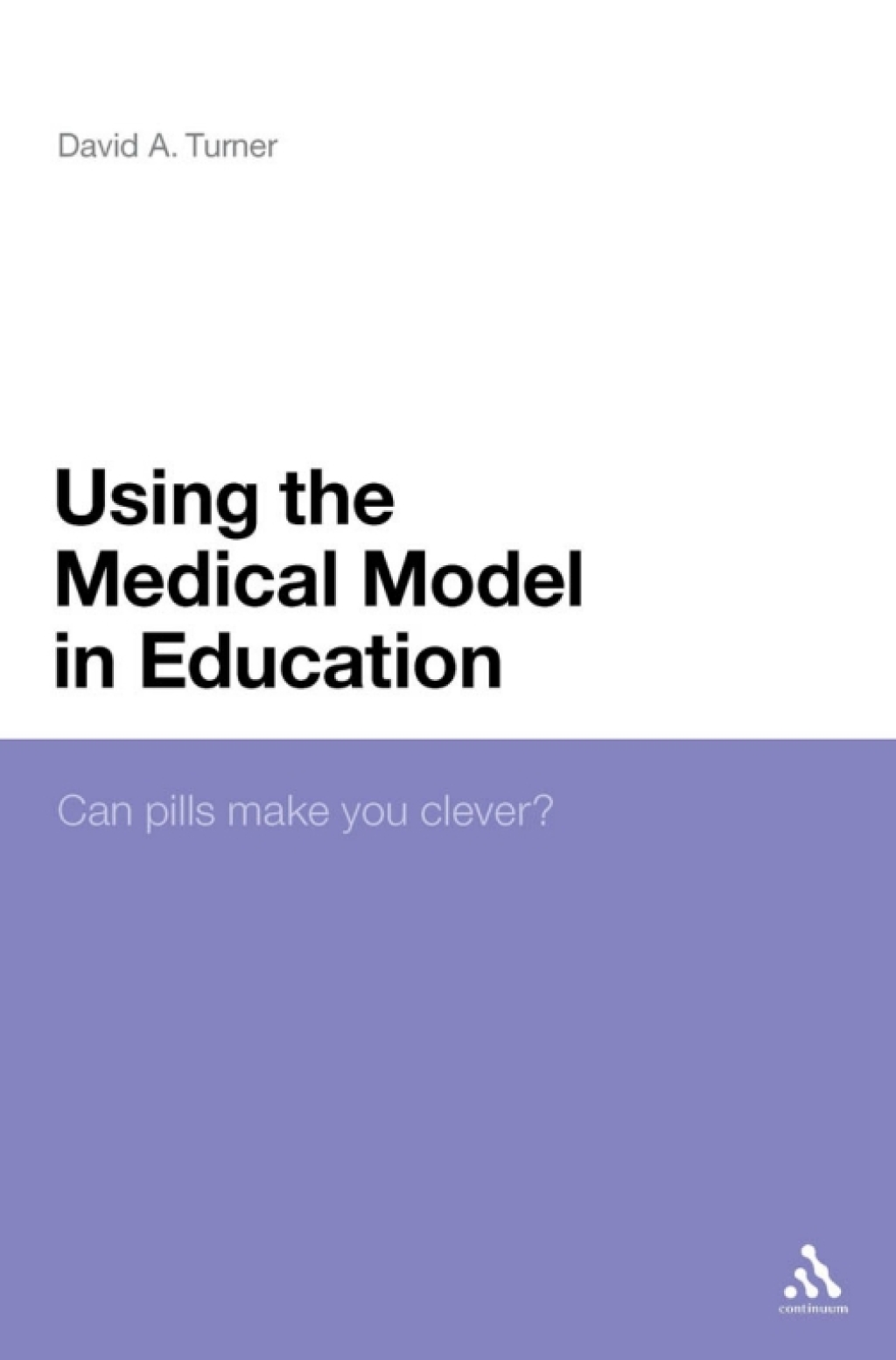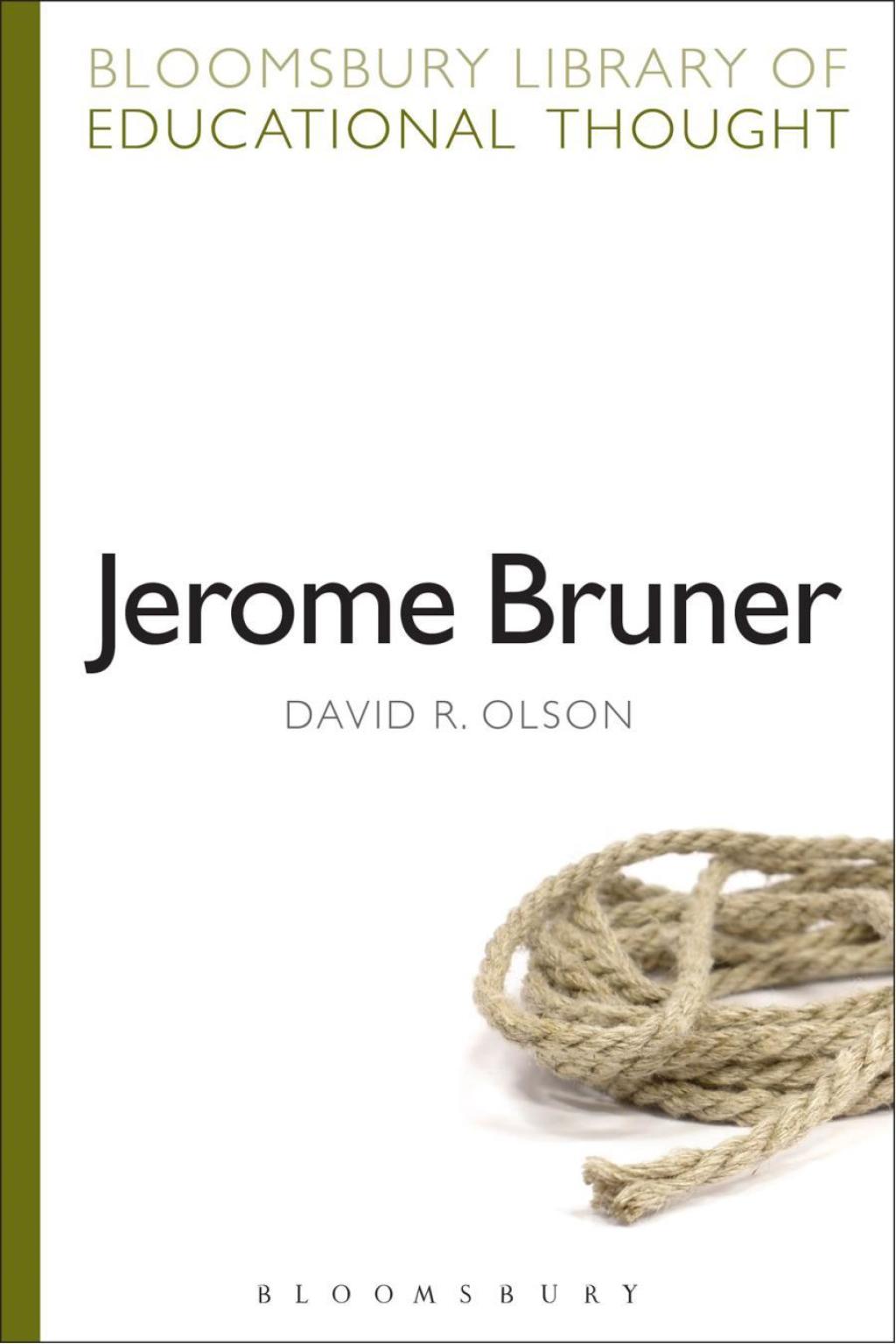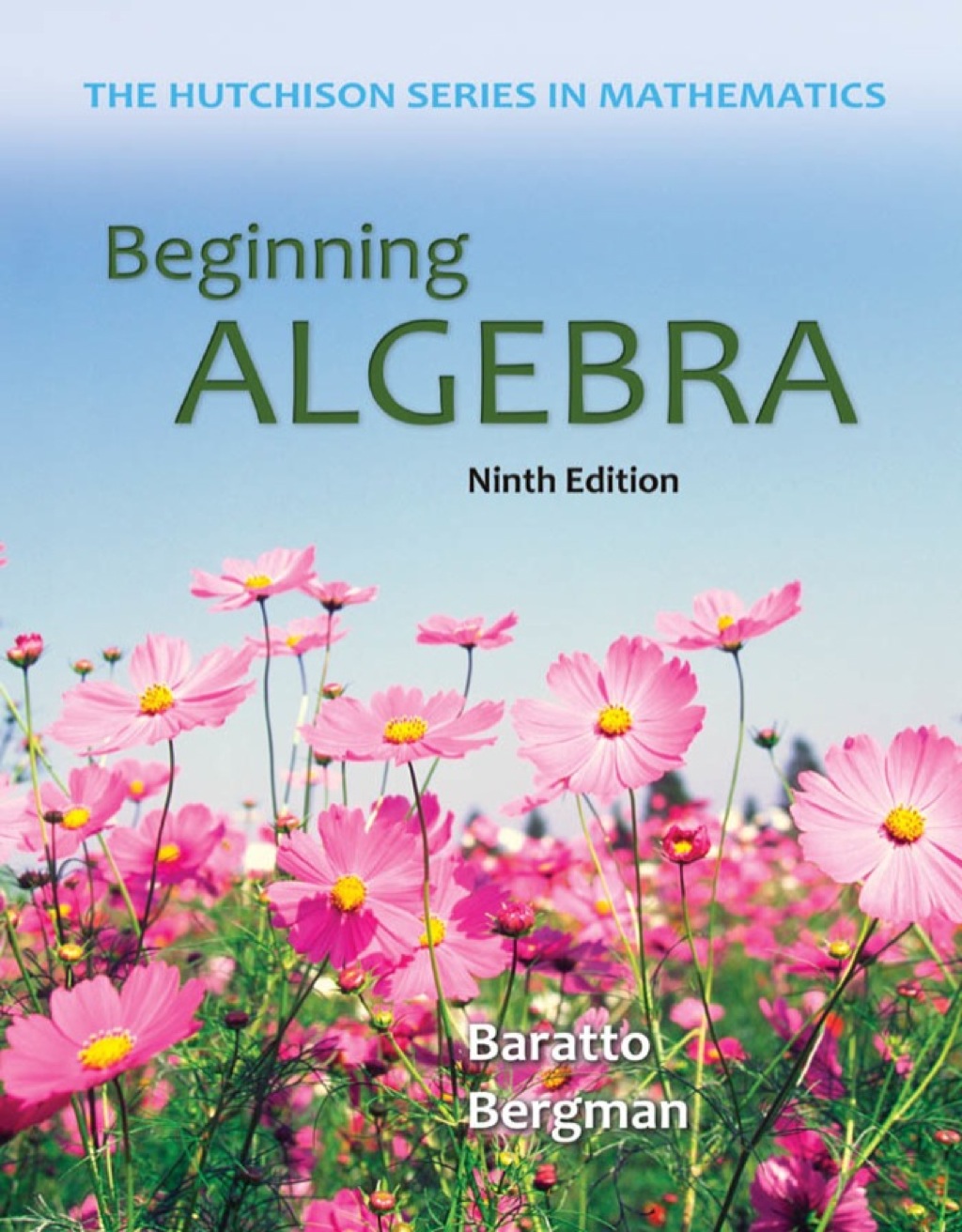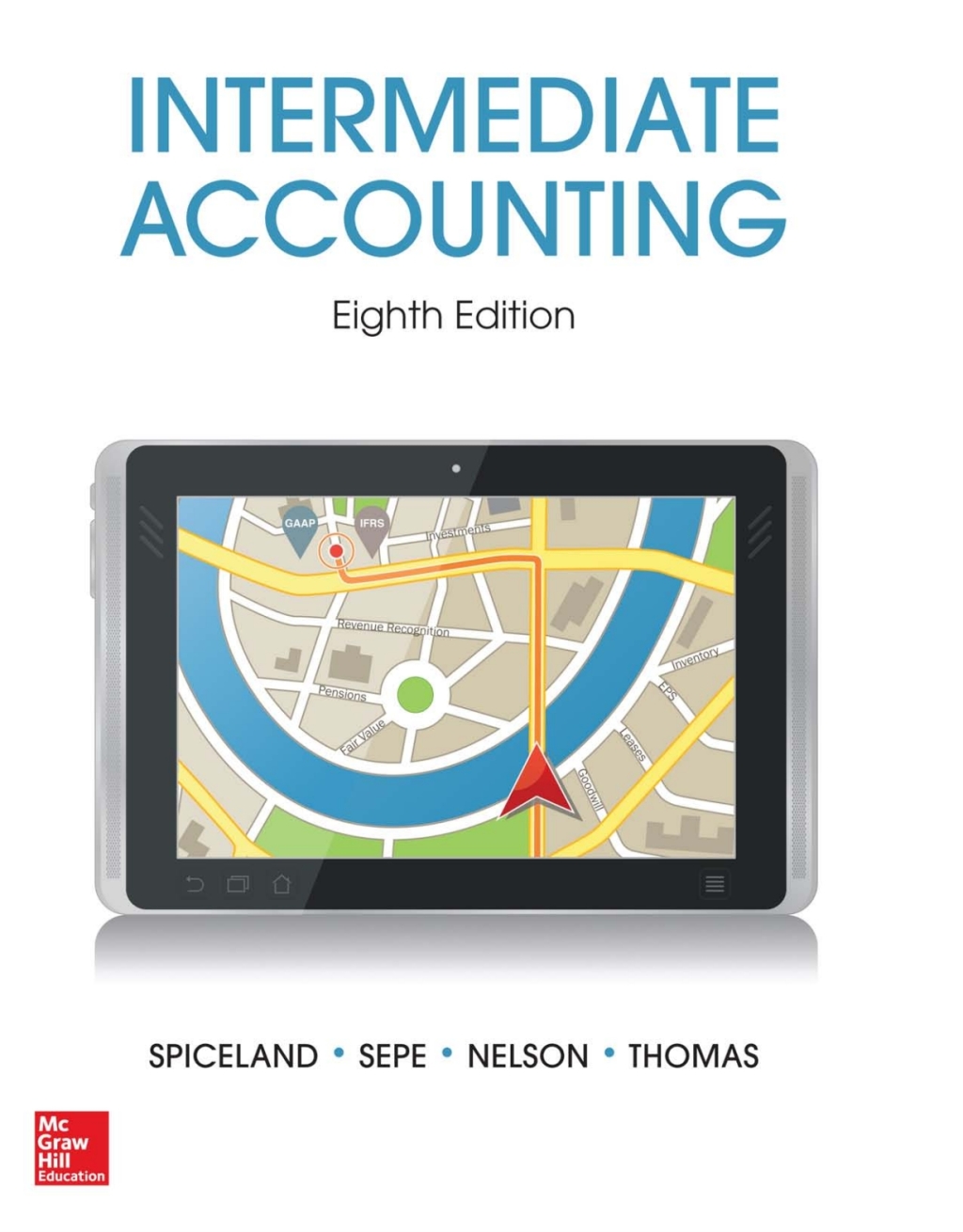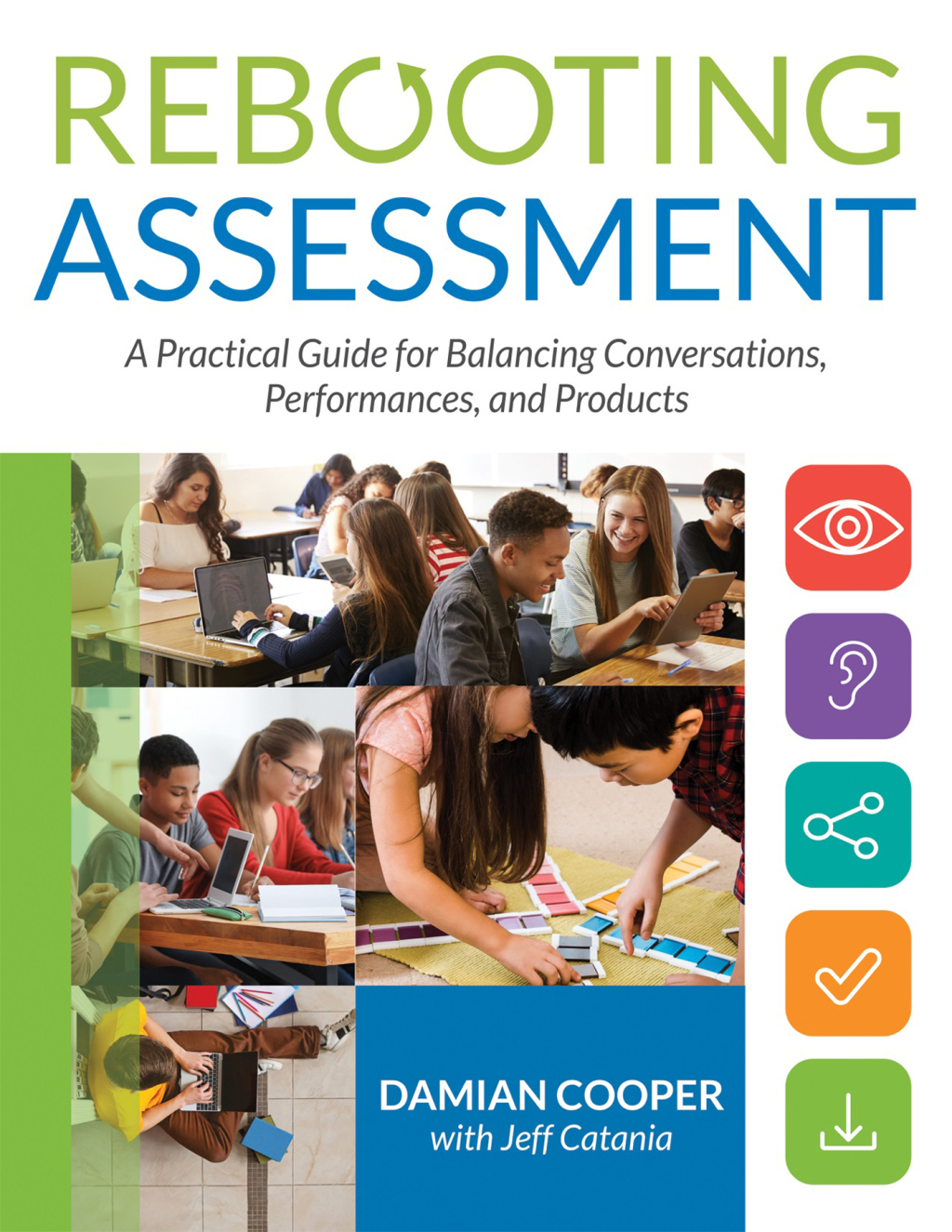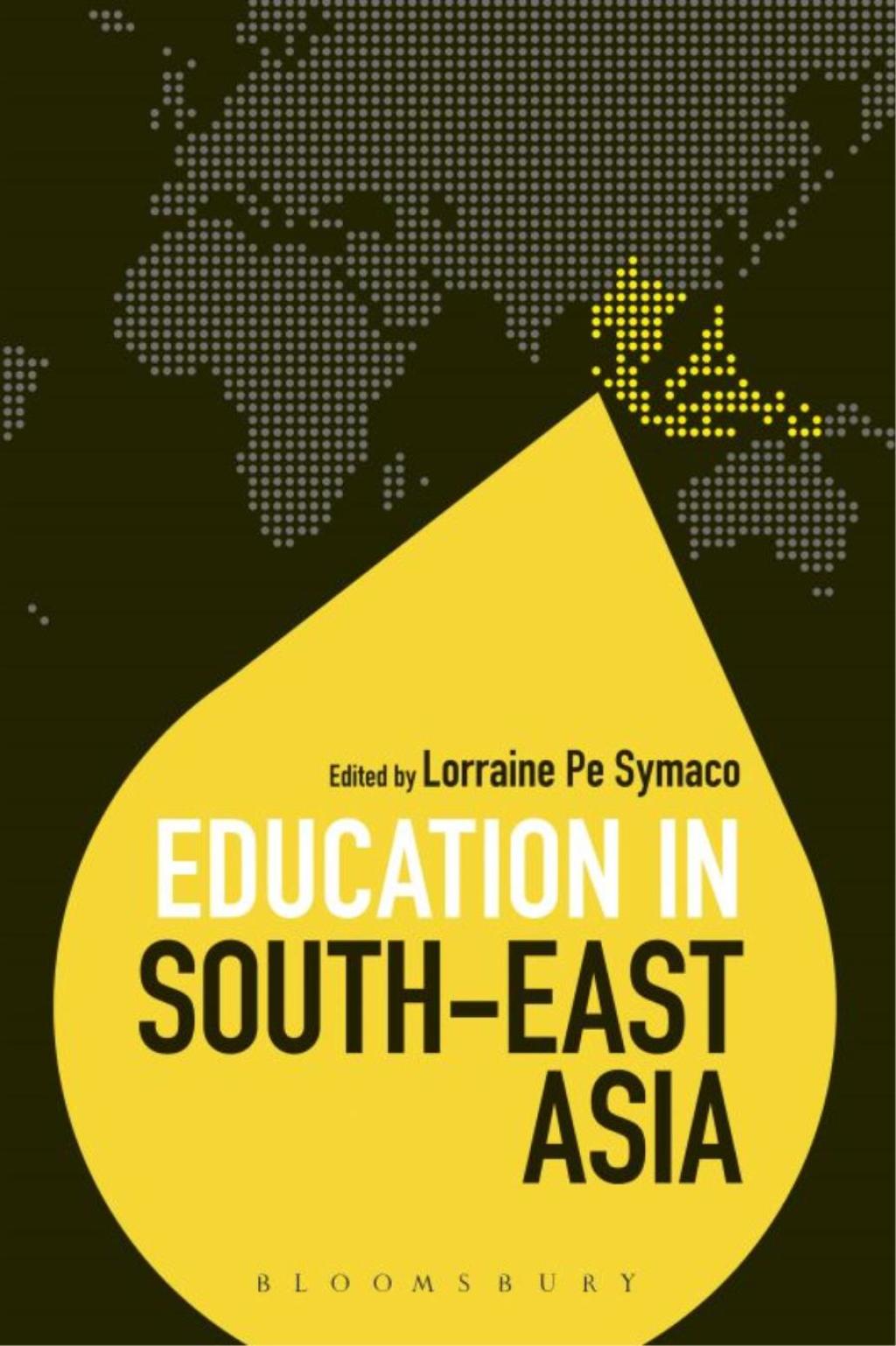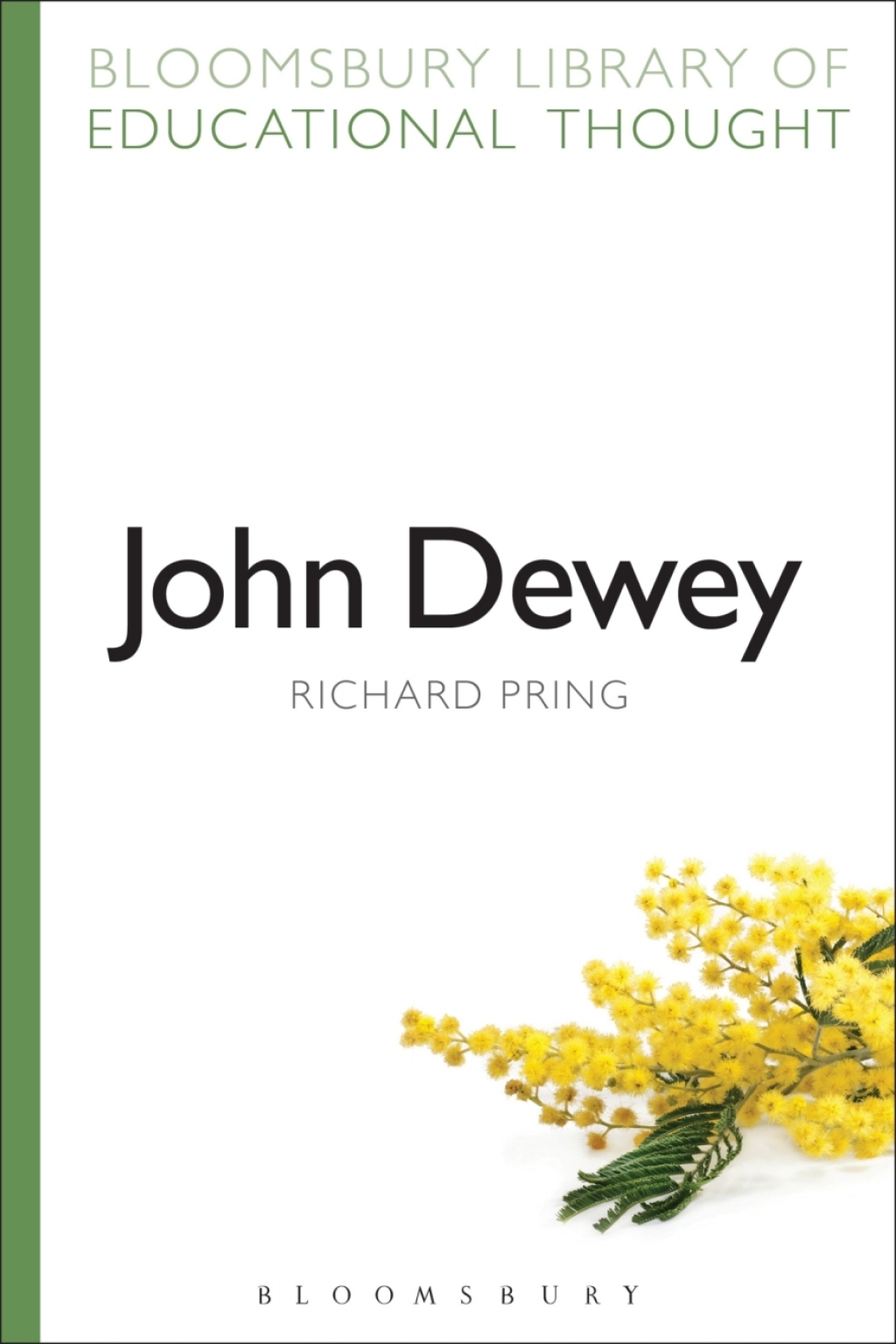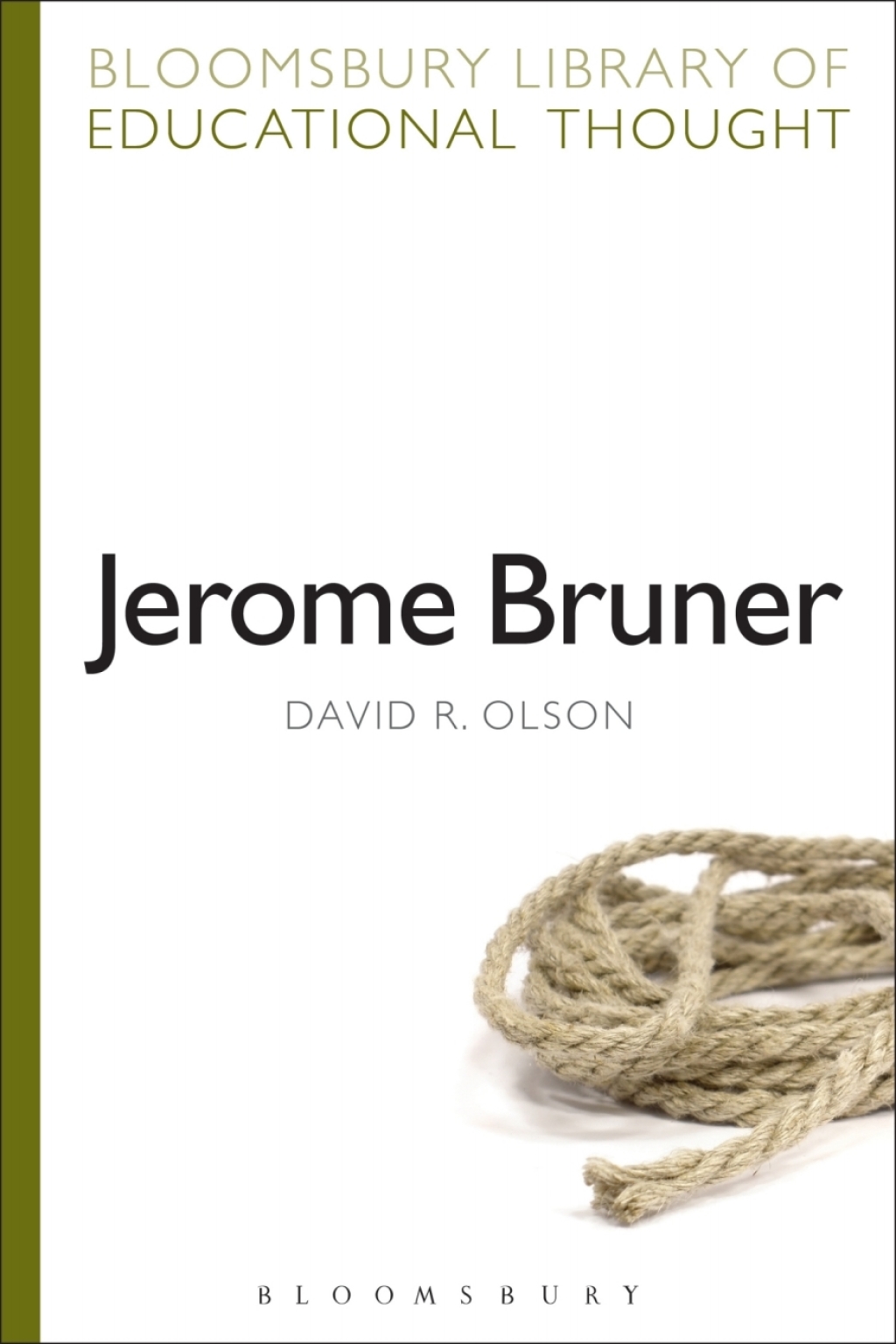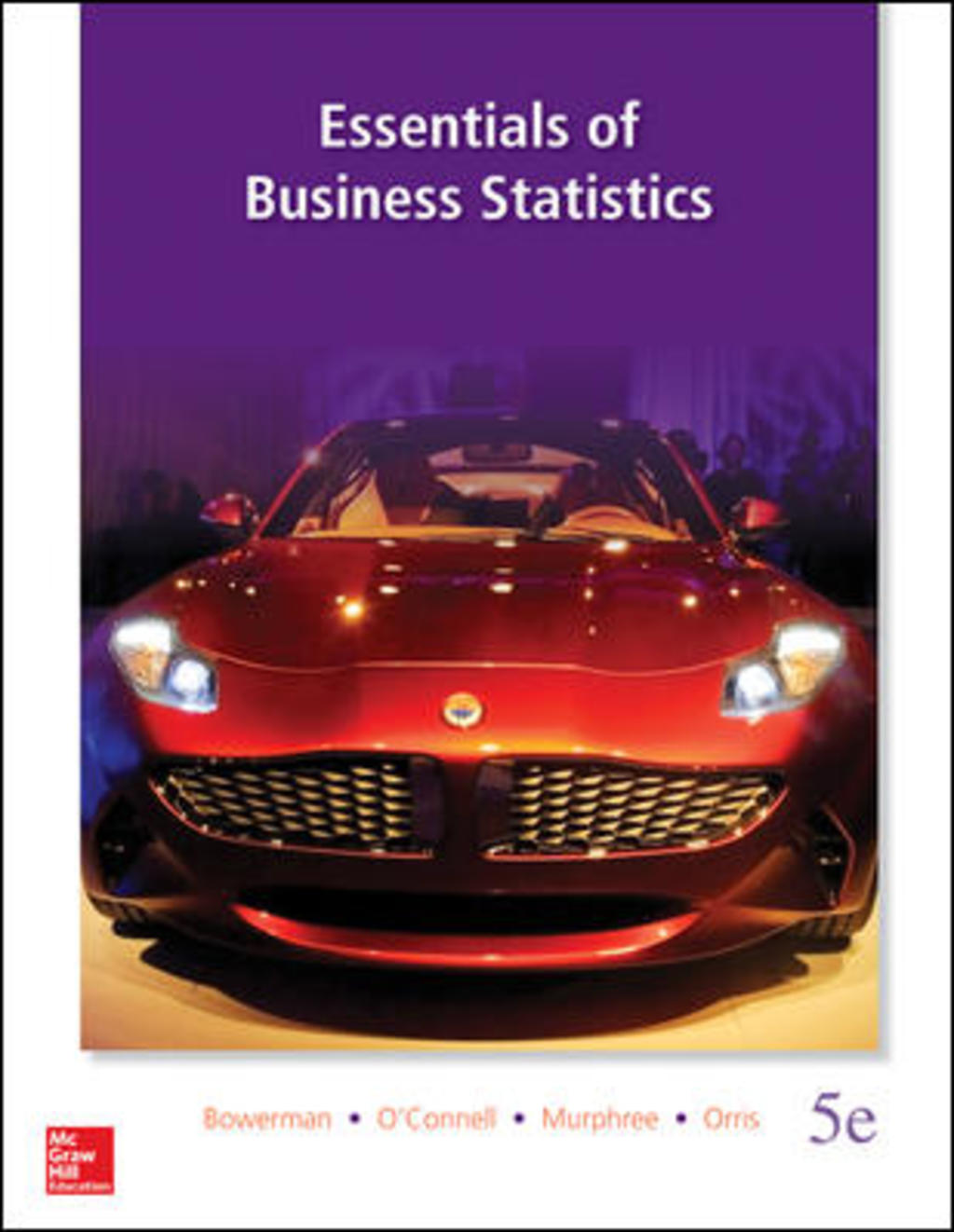Jerome Bruner 1st Edition
Author(s): David R. Olson
Publisher: Bloomsbury Academic
ISBN: 9781472518866
Edition: 1st Edition
$39,99
Delivery: This can be downloaded Immediately after purchasing.
Version: Only PDF Version.
Compatible Devices: Can be read on any device (Kindle, NOOK, Android/IOS devices, Windows, MAC)
Quality: High Quality. No missing contents. Printable
Recommended Software: Check here
Important: No Access Code
Description
Description
Jerome Bruner is the vanguard of “the cognitive revolution” in psychology and the predominant spokesman for the role of culture and education in the making of the modern mind. In this text Olson encourages the reader to think about children as Bruner did, not as bundles of traits and dispositions to be diagnosed and remediated, but as thoughtful, keenly interested, agentive persons who are willing and indeed able to play an important role in their own learning and development. Through the unique approach of combining commentary and conversation with Bruner, the author provides an insight into what it is like to engage with one of the intellectual masters of our time and highlights the relevance and importance of his contribution to educational thinking today.
Related products
Jerome Bruner 1st Edition
Author(s): David R. Olson
Publisher: Bloomsbury Academic
ISBN: 9781472518866
Edition: 1st Edition
$39,99
Delivery: This can be downloaded Immediately after purchasing.
Version: Only PDF Version.
Compatible Devices: Can be read on any device (Kindle, NOOK, Android/IOS devices, Windows, MAC)
Quality: High Quality. No missing contents. Printable
Recommended Software: Check here
Important: No Access Code
Description
Description
Jerome Bruner is the vanguard of “the cognitive revolution” in psychology and the predominant spokesman for the role of culture and education in the making of the modern mind. In this text Olson encourages the reader to think about children as Bruner did, not as bundles of traits and dispositions to be diagnosed and remediated, but as thoughtful, keenly interested, agentive persons who are willing and indeed able to play an important role in their own learning and development. Through the unique approach of combining commentary and conversation with Bruner, the author provides an insight into what it is like to engage with one of the intellectual masters of our time and highlights the relevance and importance of his contribution to educational thinking today.

